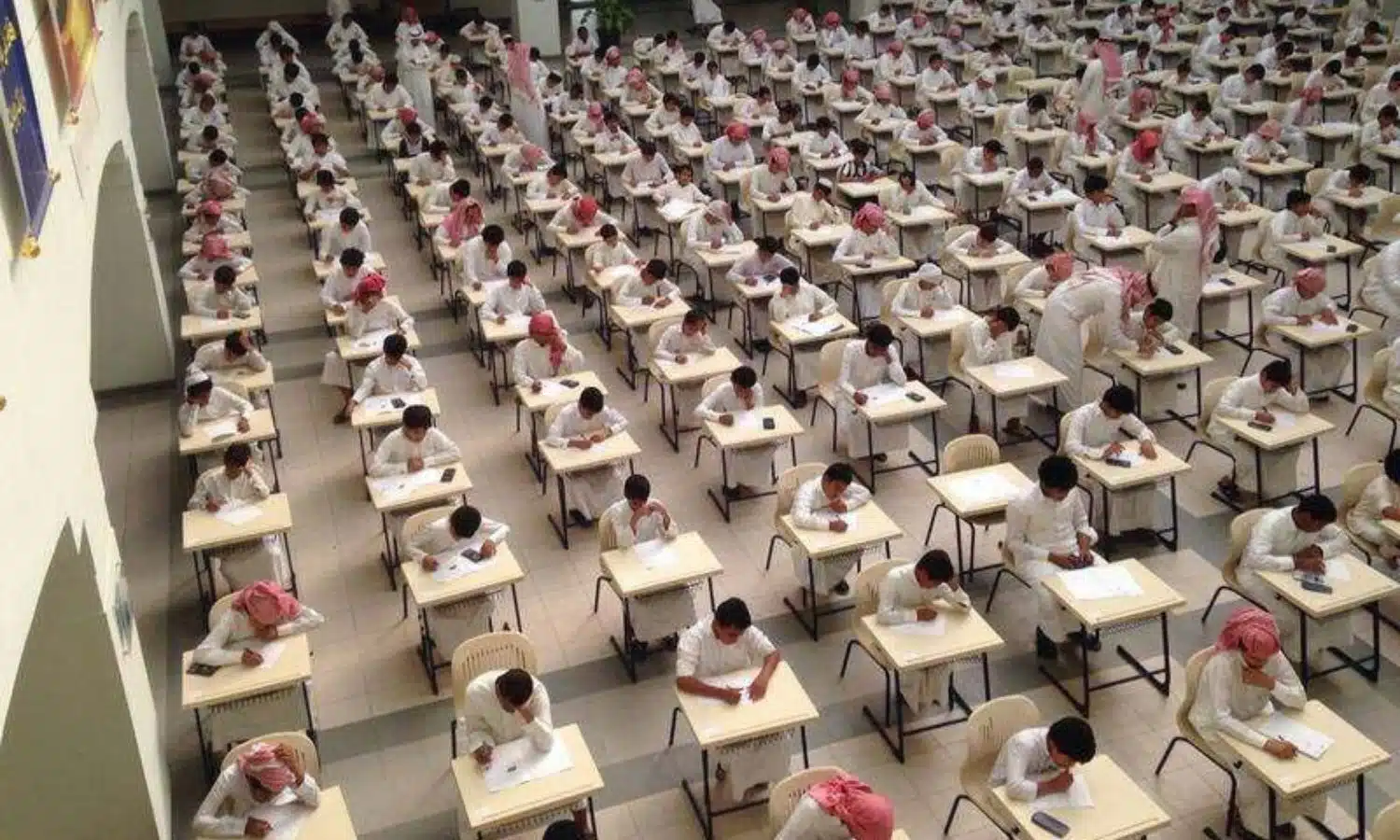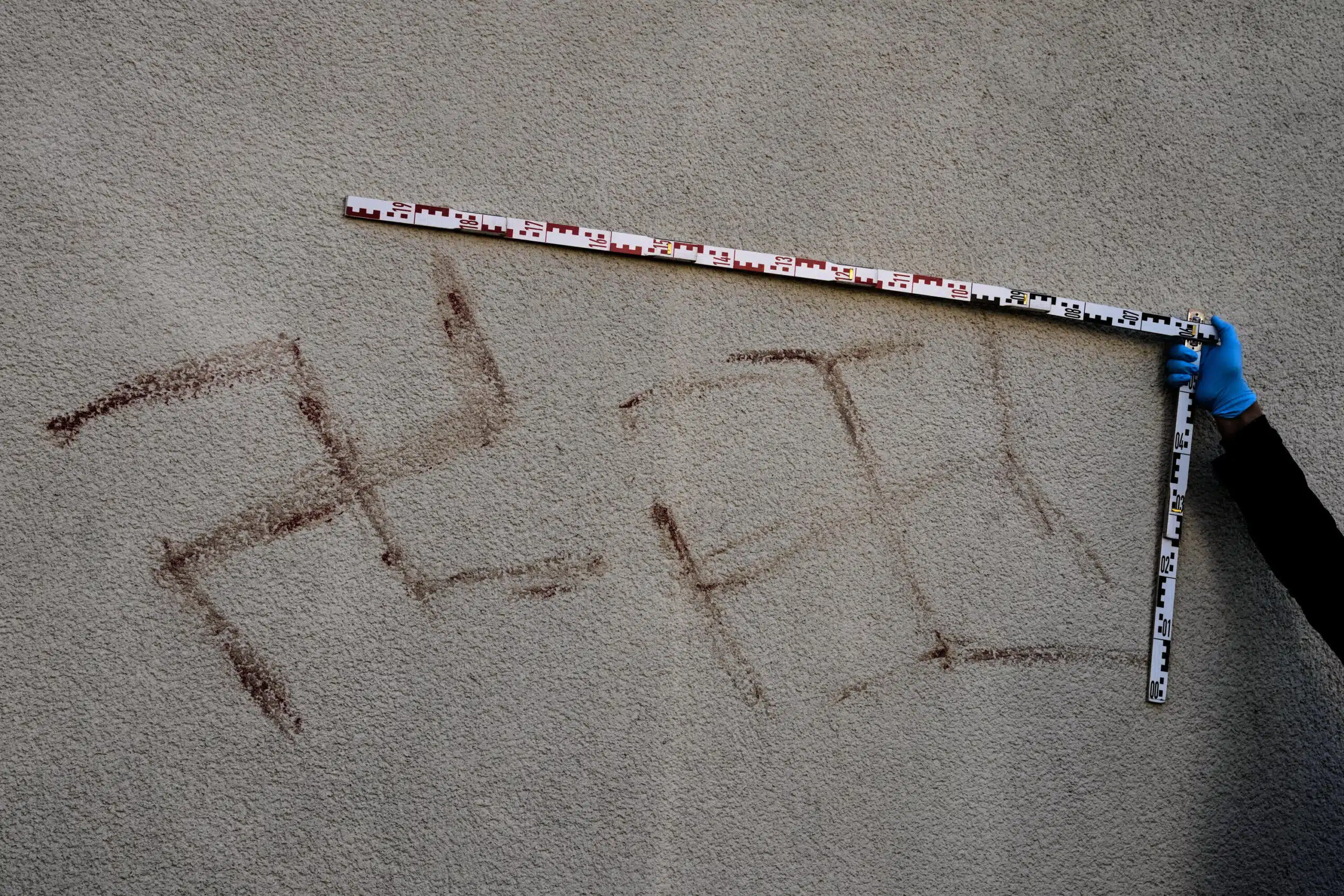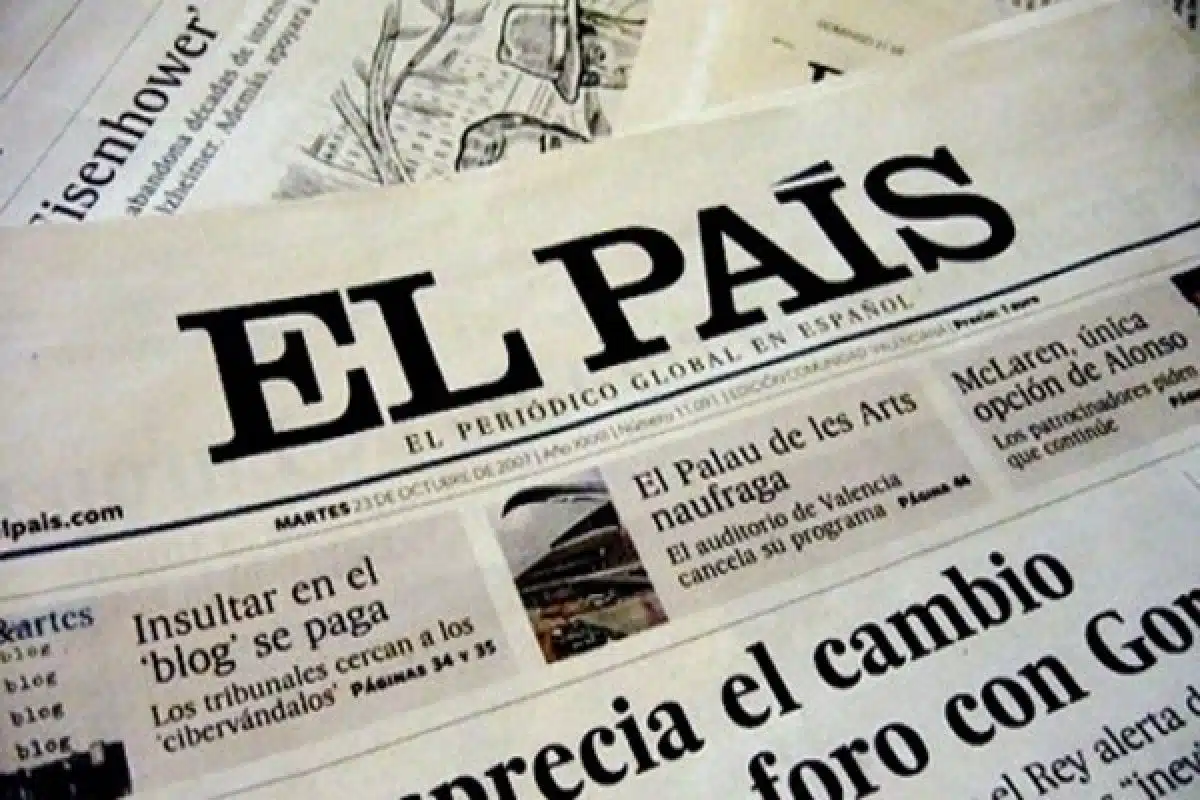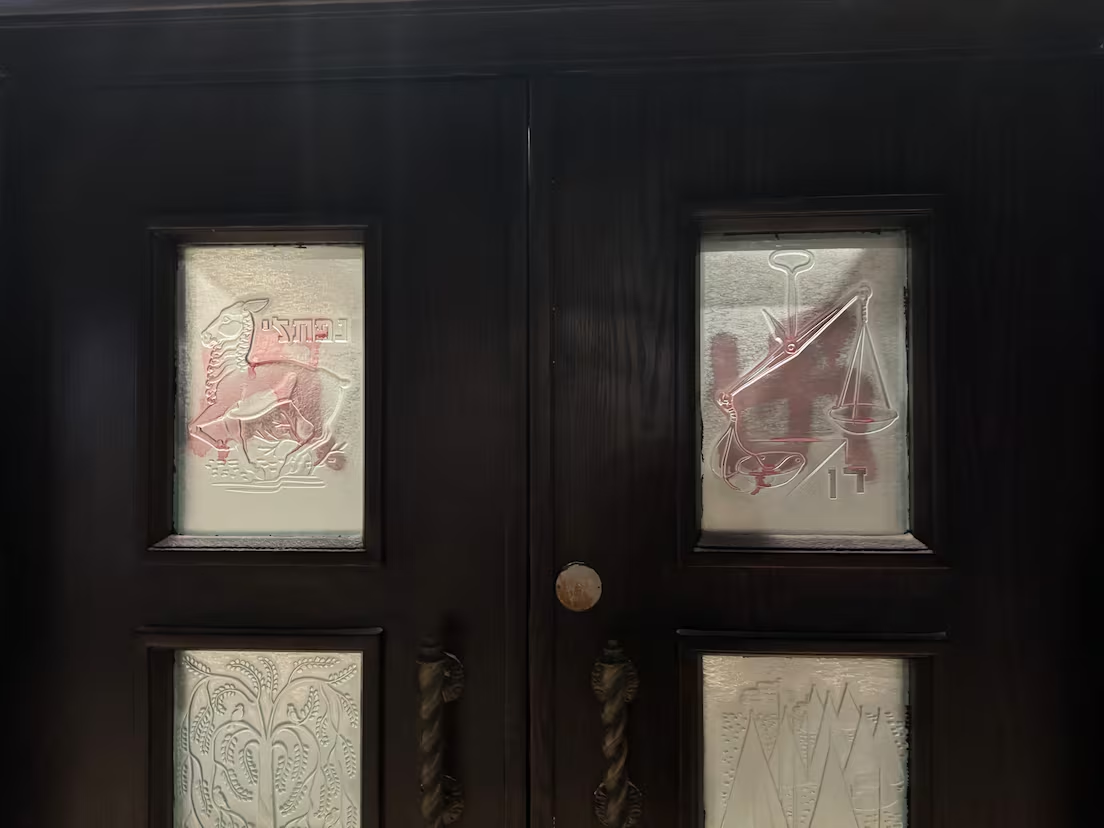|
Getting your Trinity Audio player ready...
|
Antisemitic content remains prevalent in Qatari school textbooks, the U.S. State Department recently-published “2023 Report on International Religious Freedom” found, citing research by the the Institute for Monitoring Peace and Cultural Tolerance in School Education (IMPACT-se).
The report’s section on Qatar said, “According to IMPACT-se, notwithstanding some improvements in Qatar’s national curriculum and certain textbooks during the 2021-2022 school year, during 2023, the national curriculum continued to include content that was antisemitic in nature.”
The full State Department report can be read HERE.
A report released by IMPACT-se last month — titled “Qatari National Curriculum: Review of Remaining Problematic Content 2023–2024” — detailed Qatari educational materials propagating violent, jihadist, stereotypical, and genocidal rhetoric about the Jewish people and State of Israel. The study reviewed 55 text books used in Qatar’s national school curriculum.
“All previously identified problematic content in Qatari textbooks remains unchanged, indicating no progress since 2021–2022 and a plateau in the previously observed positive trendline,” the IMPACT-se report said. “Textbooks continue to teach antisemitic content. This consists of religiously motivated polemic, teaching that Jewish people are materialistic, arrogant, and hostile to Islam; and antisemitism in the context of the Arab-Israeli conflict, teaching that Jewish people cynically manipulate global affairs, have no ties to Israel/Palestine, nor right to self-determination, and are undeserving of empathy.”
Qatar’s complicated role in world affairs was the focus of a webinar hosted by the Combat Antisemitism Movement (CAM) earlier this year — “Follow the Money: An Examination of Qatar’s Funding of Higher Education and Its Influence”
Speakers included: Dr. Charles Small, Founder and CEO of the Institute for the Study of Global Antisemitism and Policy (ISGAP); Haras Rafiq, Counter-Extremism and Counter-Terrorism Expert and ISGAP Research Fellow; Dr. Jonathan Schanzer, Senior Vice President for Research at the Foundation for the Defense of Democracies (FDD); and IDF Brig. Gen. (Res.) Sima Vaknin Gil, CAM Board of Governors Member.
In his presentation, Dr. Small noted that Qatar — driven by its pro-Muslim Brotherhood ideology — was providing more money to American universities than any other country worldwide, financing Middle Eastern studies departments and professorships, as well as supporting anti-Israel protest initiatives, including the student encampments that proliferated across the United States this past spring.
The website of ISGAP’s “Follow the Money ” project — which investigates foreign funding of American universities — says, “As part of its continued research, ISGAP has uncovered and established that the foreign donations from Qatar, especially, have had a substantial impact on fomenting growing levels of antisemitic discourse and campus politics at US universities, as well as growing support for anti-democratic values within these institutions of higher education.”
Qatar’s regional and global activities have come under renewed scrutiny in the aftermath of the October 7th massacre in Israel. Over the past decade, the Qatari regime has been the main financial and diplomatic supporter of Hamas, and some the terrorist group’s leaders are headquartered in Doha. At the same time, Qatar is a U.S. Major Non-NATO Ally, and hosts a significant American military presence.












